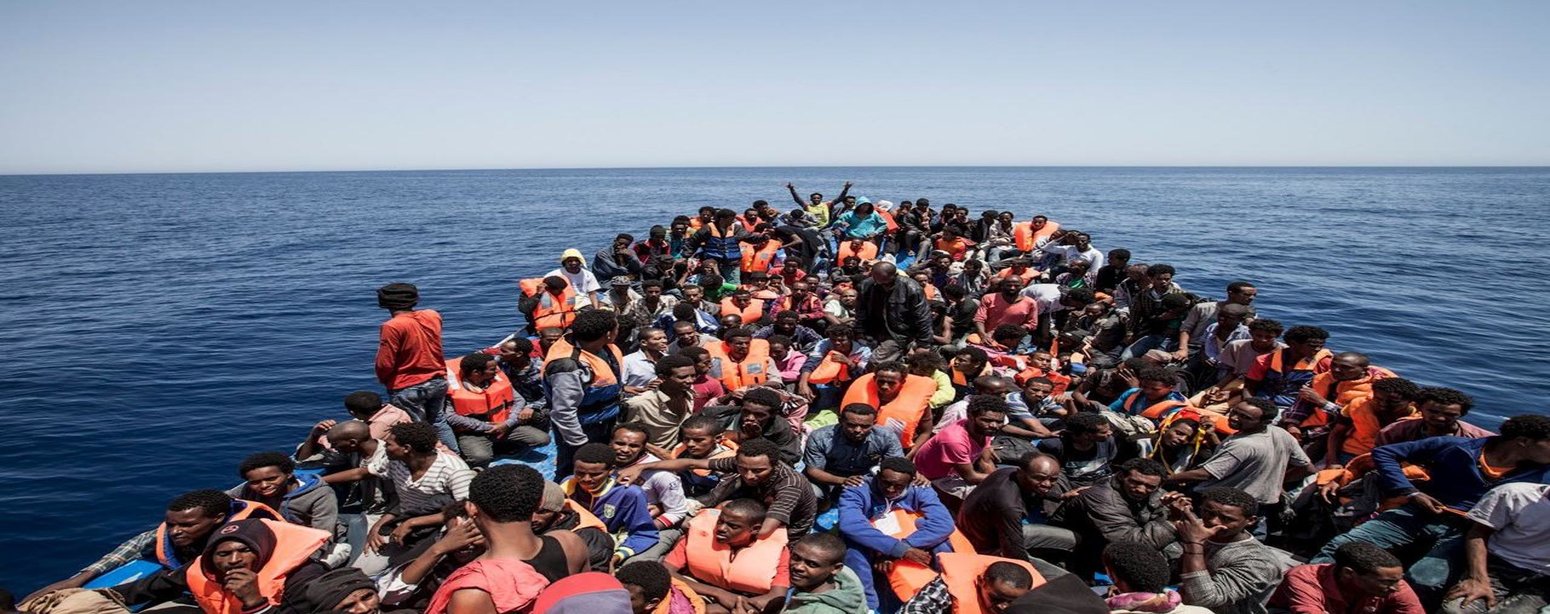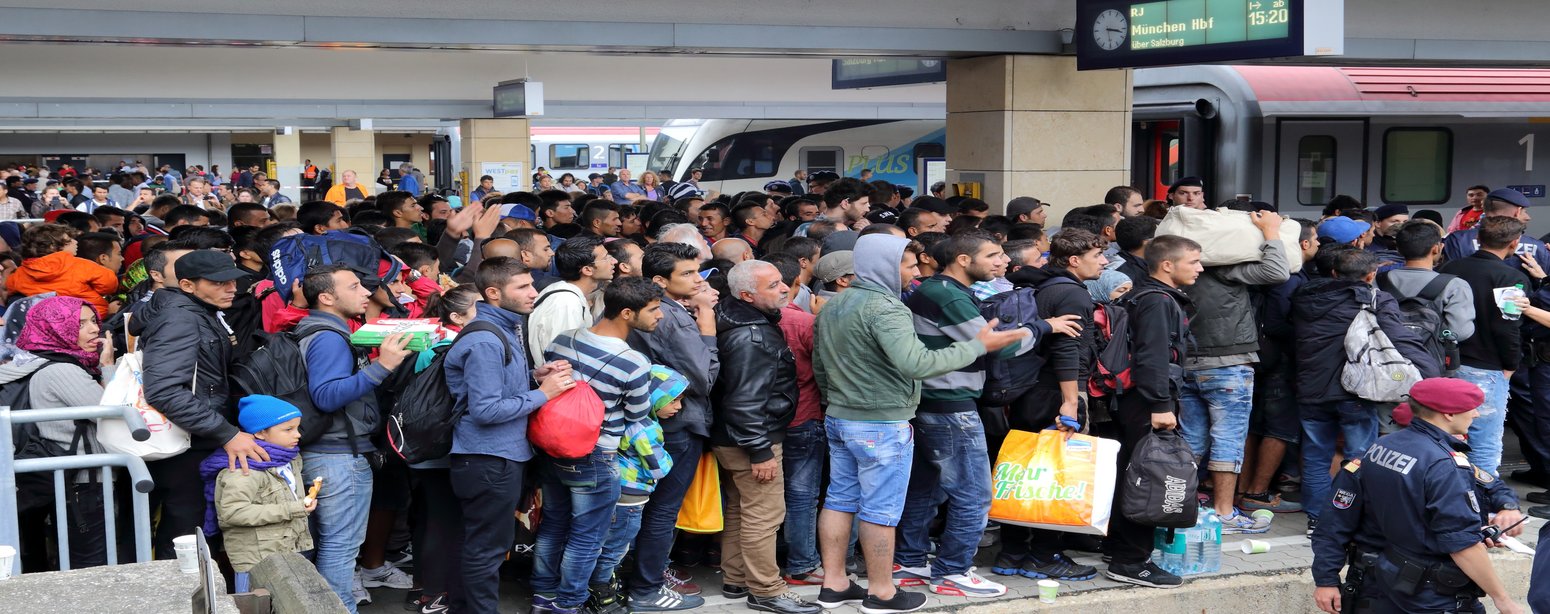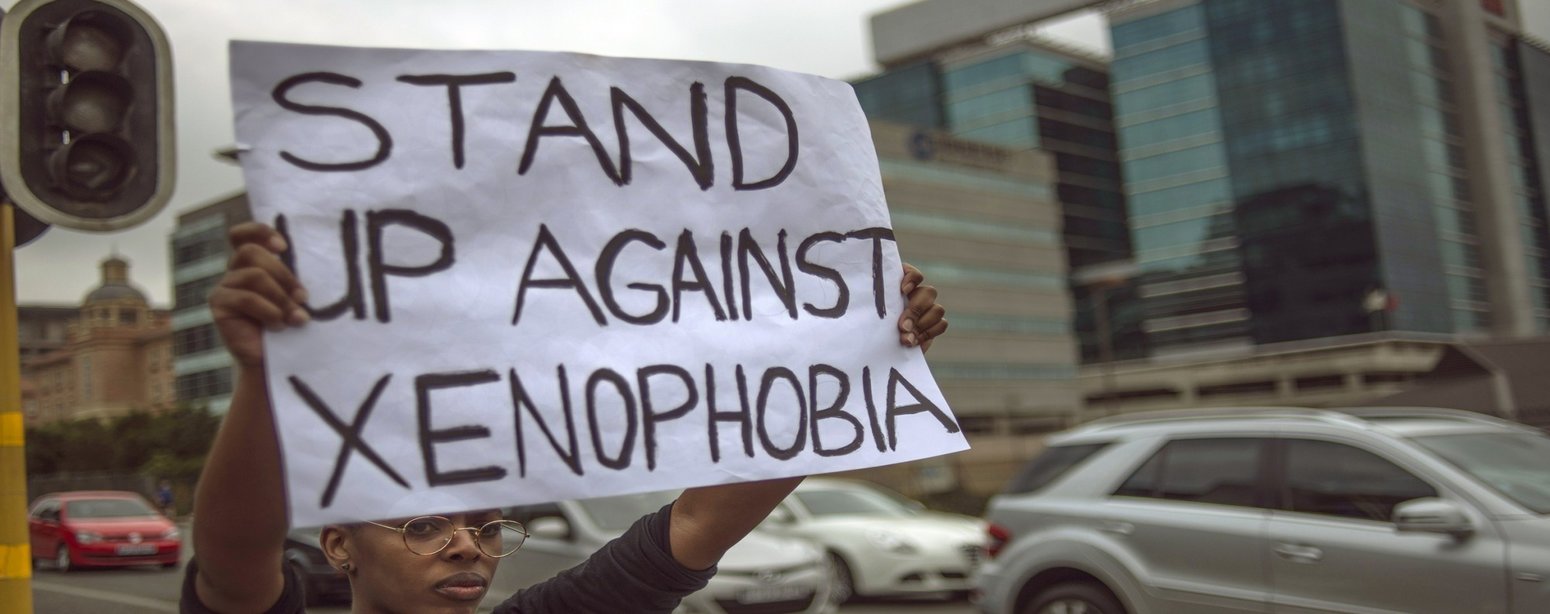Migration
Migration
Migration has both positive ad negative consequences. On the positive side it could lead to the efficient redistribution of global human resources, and consequently improved security and economic development. On the other hand, migration could also threaten domestic and international security and development. Weak domestic institutions have negative impact on migration patterns, security, and development. CESDOSED examines the migration-security discourse in Africa, and the role of states and regional institutions in managing migration consequences.
African Diaspora
CESDOSED contributes to the research in international migration trends and consequences. The Center is interested in the African diaspora. Where are African people migrating to? What are the political and economic effects on the home and host nations? What are the impacts of such migrations on the migrants themselves?
CESDOSED also analyzes domestic and international migration policy changes and trends in the light of political, economic and security dynamics in contemporary period.
The Center believes that the African diaspora will emerge as a critical agent in the push for security and development of the continent. Some of the critical areas include education, investments, technology transfer, and governance.
Internally Displaced Persons (IDPs)
CESDOSED researches the issue of internally displaced persons (IDPs) in Africa. Currently Africa has about half of the total global IDPs of 26 million people. The IDPs situation has significant economic and security implications to these volatile areas of the world. As in most cases, most IDPs are forced out of their lands, livelihoods and professions. Without proper planning and pragmatic policies, a large percentage of a state’s human resources are not effectively used.
CESDOSED will serve as a hub of data collection and trends on the IDPs situation in Africa. In addition, CESDOSED engages in policy strategies that positively address the issue of IDPs.
Refugees
The refugee situation worldwide in general, and Africa in particular, will most likely continue into the foreseeable future. While authoritarian regimes, weaker institutions, exclusions, persecutions, and domestic conflicts persist in most of the developing world, the international community will continue to experience perennial flow of refugees. Refugee situations will pose economic and security challenges to states.
CESDOSED’s research in refugee issues encompasses the extent to which refugee situations affect security and development in Africa. The other research goal targets the incorporation of current and the next generation of refugees into overall development and security strategies. With children of refugees living in a “state of refugeeism,” research into development and security challenges posed by refugee situations is a step in the right direction.




